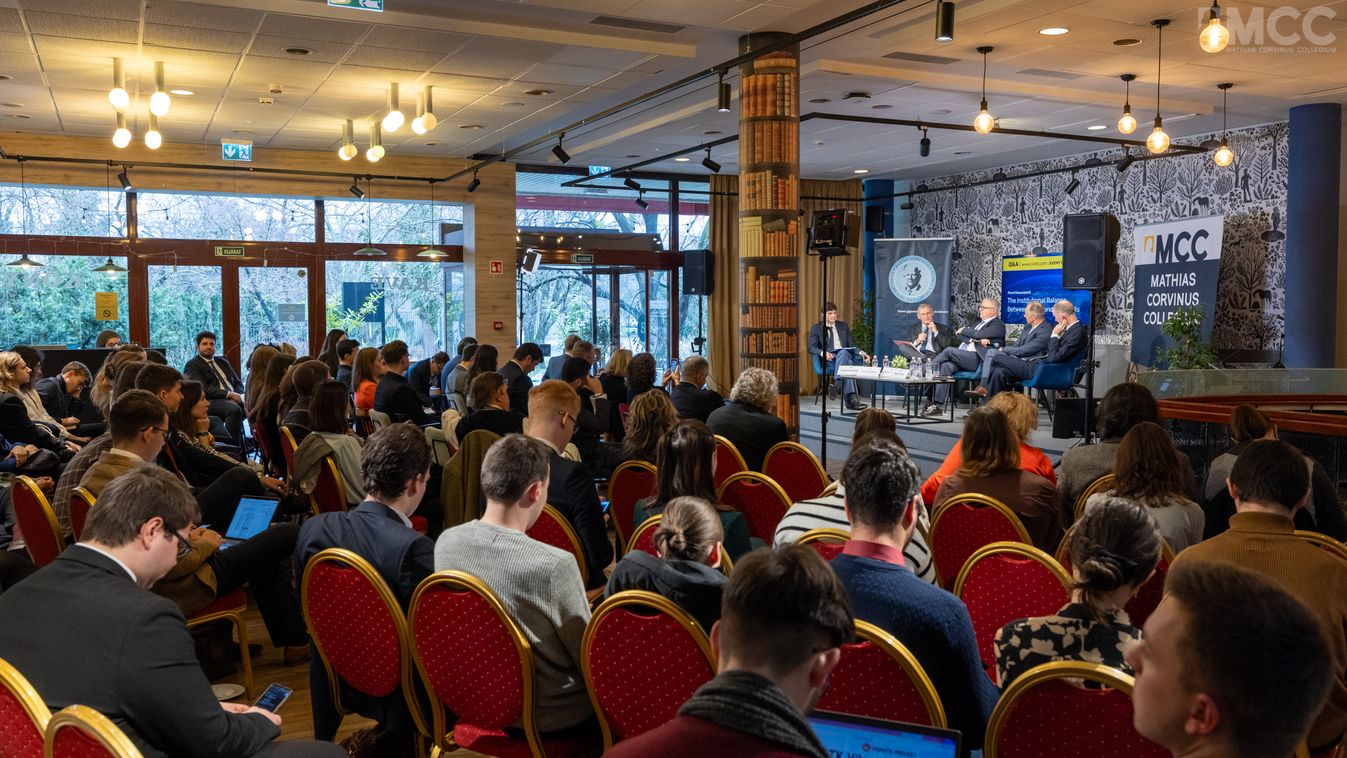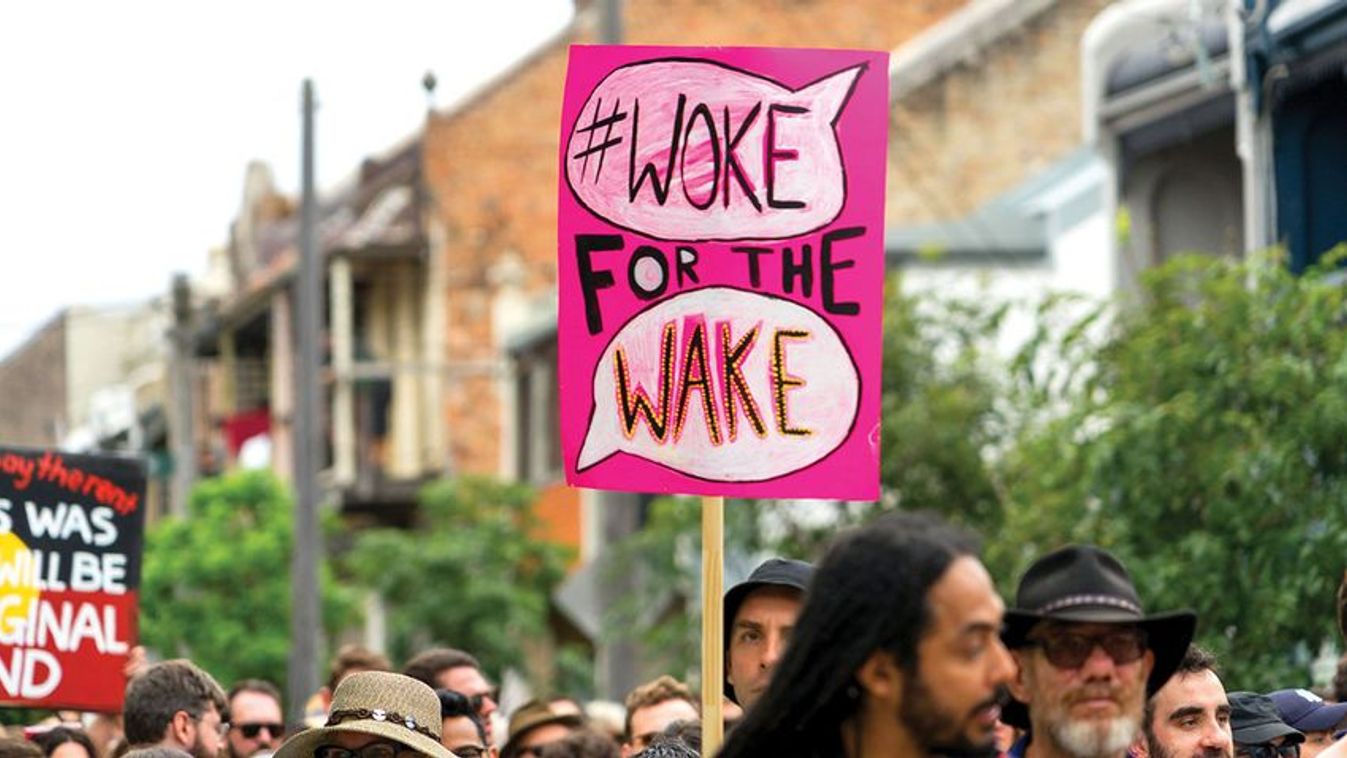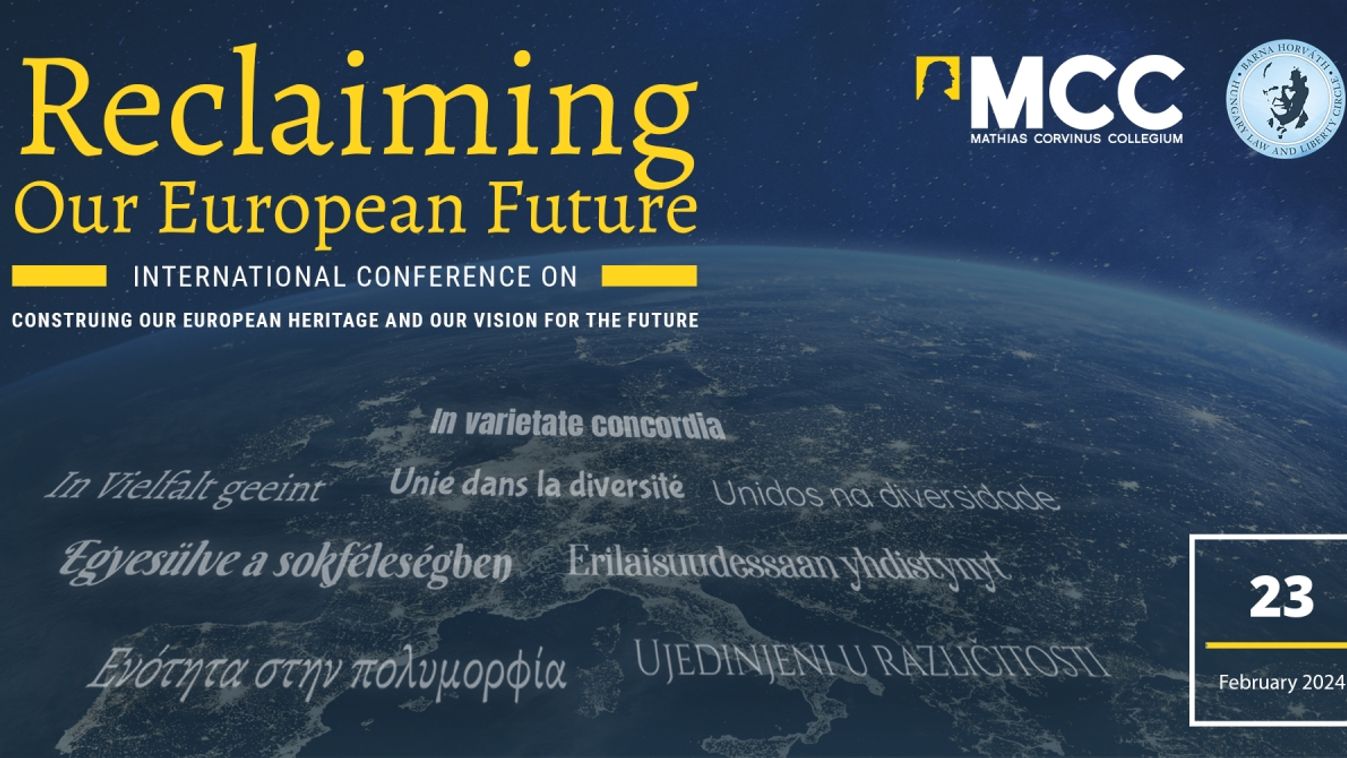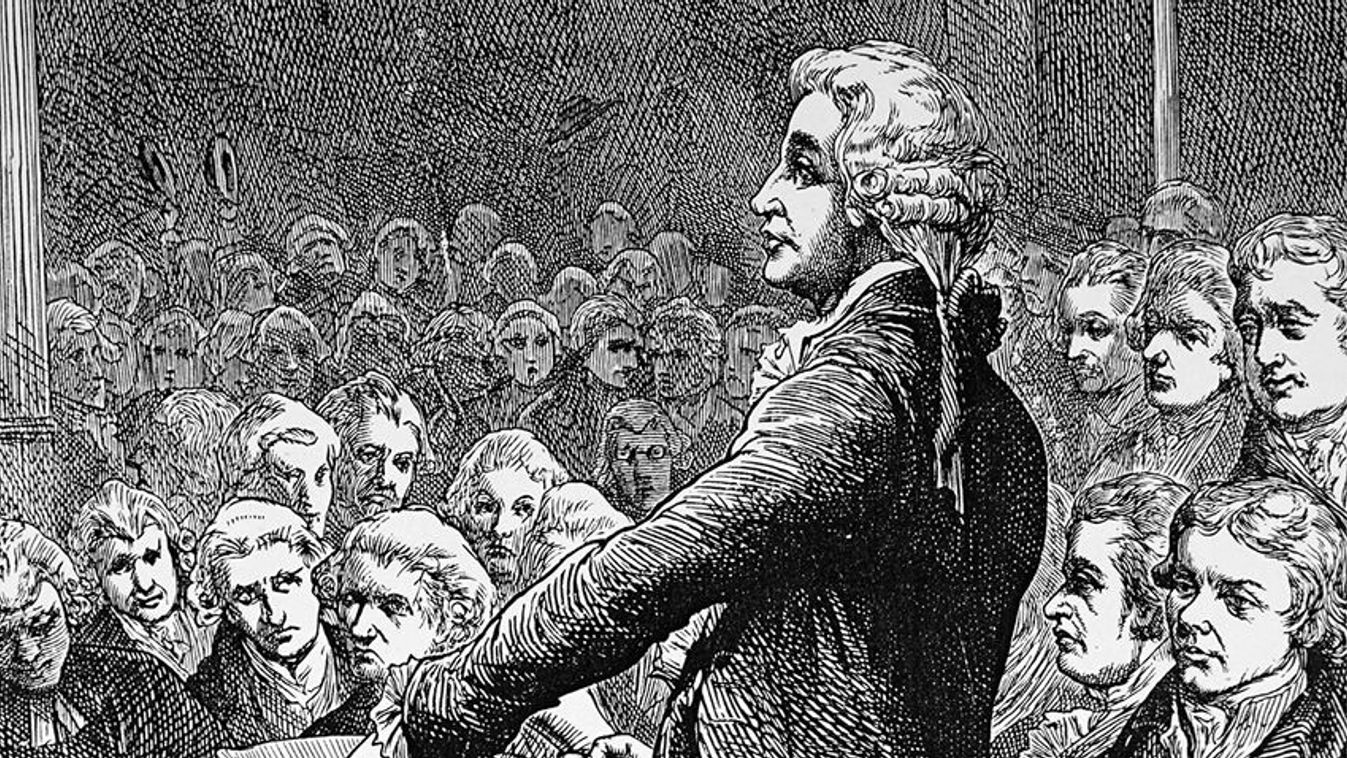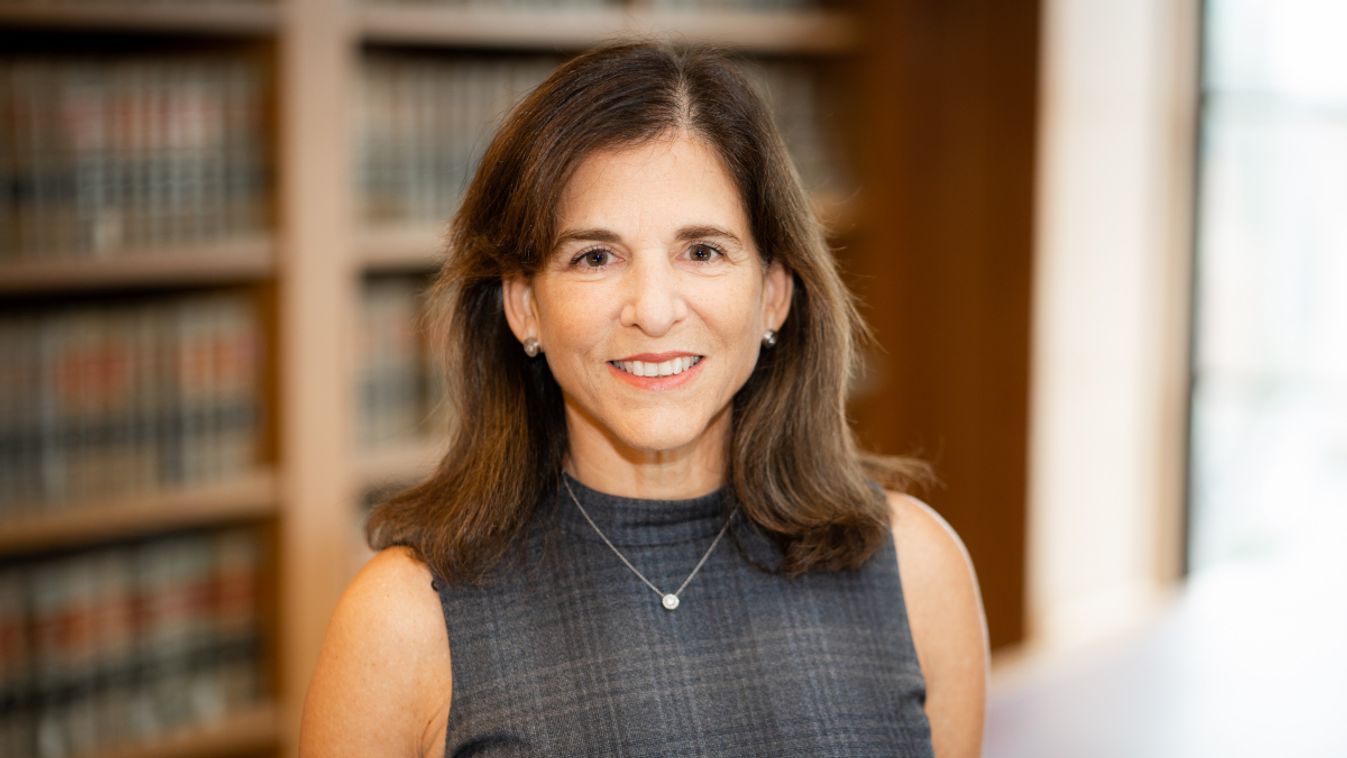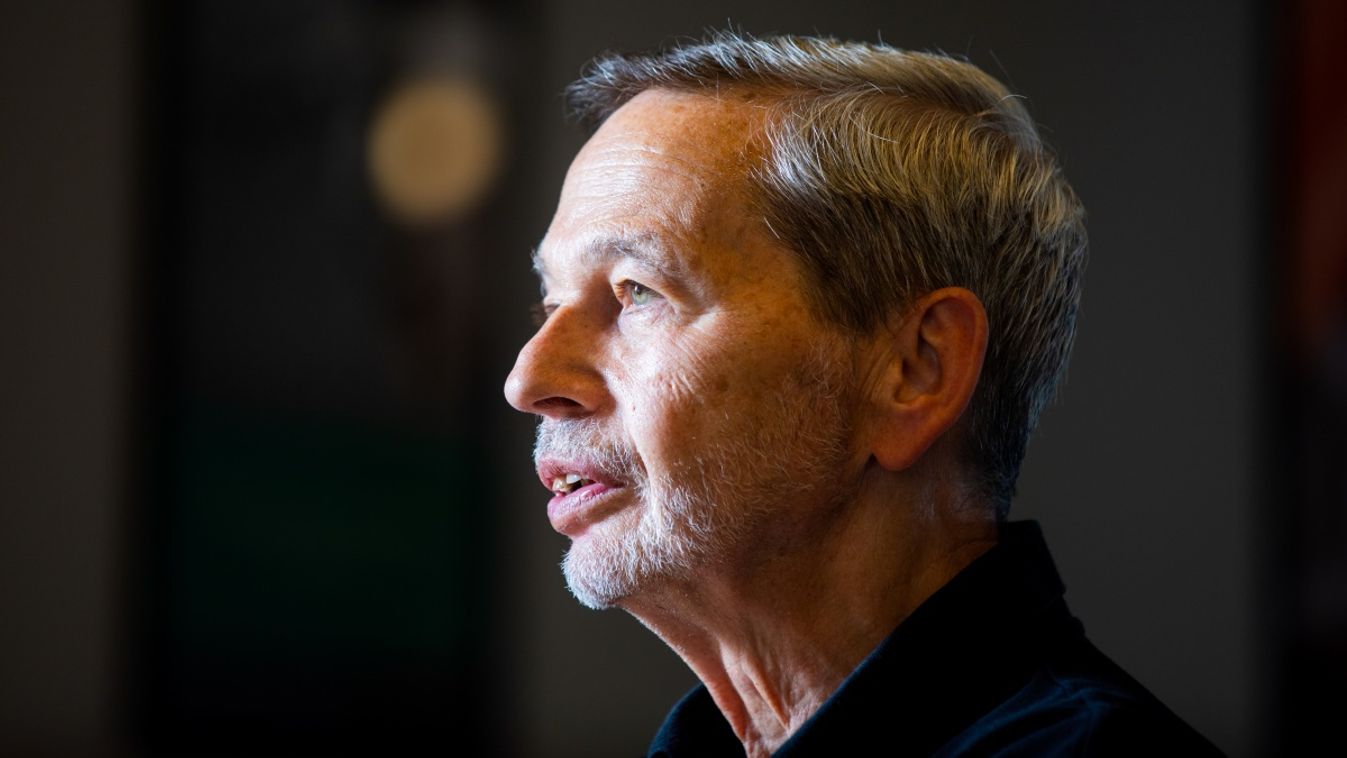Mark GOLDBLATT is an American journalist, novelist, theologian, educator and a political commentator. He is teaching at the Fashion Institute of Technology of the State University of New York. Among others, he is the author of the recently published book entitled “I Feel, Therefore I Am: The Triumph of Woke Subjectivism Paperback.”
Let’s start the conversation with a general observation. The West increasingly regards its own cultural heritage as a baggage or necessary evil that needs to be minimized. This is encouraged by the rising “woke” ideology you explored in your recently published book. What are the historical origins of this ideology and where does it come from?
Woke ideology is a witches’ brew of bad ideas, most of which involve the elevation of subjectivity over objectivity. The cauldron contains every wrong turn Western intellectuals have taken since the 1960s. Postmodernism. Epistemological nihilism. Moral relativism. Romanticism of the Other. Racial essentialism. Social constructivism. Intersectionality. Radical feminism. Repressed memory. Queer theory. Marxism. Earth worship. Pop psychology and self-help boilerplate. The ingredients themselves don’t blend well, but if you keep stirring them together, bring the concoction to a slow boil, and season to taste with infantile rage, you can be sure fanboys and fangirls will drink it down.
Why and how did you start looking at and explore the woke ideology?
I’ve been a political columnist for decades, so keeping track of cultural trends is something I do habitually. But I’m also an academic—I teach English and lecture in religious history at a public university—so
I was aware of how Critical Race Theory was revolutionizing Ethnic Studies, and how transgender advocacy was revolutionizing Gender Studies,
so I started reading about them, going back to primary sources… and, no use to talk around it, I discovered that the scholarship that inspired and sustained both developments was unadulterated hogwash.
But CRT and transgender advocacy seemed discrete phenomena. Yes, each had one foot planted in postmodernism, with the steaming shovels of rhetorical bluff that implies, but I didn’t see them as part of a larger “Woke” trend until the emergence of the Me-Too movement. Unlike CRT and transgender advocacy, which as soon as they started making headlines seemed self-evidently ridiculous, Me-Too had a degree of intellectual gravitas. The women leading the hue and cry seemed to have legitimate grievances, and the striking parallels in their experiences pointed to a more widespread problem than I’d ever imagined.
What turned me against Me-Too, and ultimately caused me to realize that it too belonged in the subjectivist basket, was the ordeal of Brett Kavanaugh. He was nominated by Donald Trump to serve on the US Supreme Court, and his nomination was coasting along—with the usual theatrics and double-speak by his Republican supporters and his Democratic adversaries—until the Democrats trotted out a woman named Christine Ford. She claimed that Kavanaugh had sexually assaulted her over three decades earlier, while the two of them were in high school… but, no, she wasn’t sure exactly what year the assault happened, or where it happened, or how she got to the party where it happened, or how she got home after it happened (though she indicated that it was too far to walk). Every witness she placed at the incident, including Ford’s lifelong friend, stated either that they had no memory of the incident or categorically denied it had happened. As a matter of fact, apart from the accusation itself, Ford could offer no objectively verifiable evidence that she had ever met Kavanaugh, let alone that he’d laid a hand on her. The totality of her case against him was her unfalsifiable belief that the assault had occurred as she described it—and she clung to that belief in defiance of the obvious holes in her story. Not only did she cling to that belief; most of the legacy media in the US did as well, and Ford became a poster child for Me-Too. They wanted to believe Ford. After all, wasn’t she just speaking her truth? And isn’t everyone entitled to their own truth?
To which the correct answer is No! No one gets their own truth. Truth is a correspondence between your belief and a reality that exists apart from your belief.
When you pursue truth, you try to bring your belief into alignment with reality because reality doesn’t budge.
So, to return to your original question, it was during the Kavanaugh scandal that it occurred to me that the elevation of subjective belief—my truth—over objective reality—the truth—was the thread that bound together CRT, transgender advocacy, and Me-Too.
How has the deconstruction of the “woke” ideology risen to such prominence?
Deconstruction is a faux-analytical tool utilized by Woke academics to affect depth-of-thought where none exists. Normally, deconstruction comes with a glaze of intentionally impenetrable jargon so that the poor slob trying to wade through it loses track of the topic as he’s attempting to make sense of what’s being said. It’s a performance, a polysyllabic song and dance, more akin to a carnival act than an explication or adjudication of ideas. If you strip away the jargon, here’s how it works: Suppose I say that my first name is Mark. A Woke academic would deconstruct that claim. He might point out that, on the day I was born, before I was ever “Mark,” I was “Baby Goldblatt”—therefore, the claim that my first name is Mark is, in a temporal sense at least, false. He might also note that, in terms of social priority, “Goldblatt” is the name by which I’m primarily known at the payroll department at my university; it is also the name by which students primarily address me. What’s primary is first. Thus, my first name is not Mark. He might then mention that the word “mark,” if it is stripped of its nominative sense, connotes a sign by which ownership is claimed—i.e., “to make one’s mark.” So it is also a territorial signifier, perhaps meant by me to carve out a political space in which I can conduct my relationships on a familiar basis. It is, in short, a deception. Claiming Mark as my “first” name is thus inevitably a political act and an expression of my own will-to-power.
Remarkably, this sort of silliness has persuaded roughly half the humanities and social science professors in the United States—a species whose gullibility ranks them somewhere between nine-year-old boys listening to spooky campfire stories and blissful puppies chasing after nonexistent sticks—into casting aside traditional, empirical ways of gathering and interpreting evidence in favor of vomiting up word salads that are often indistinguishable from parodies of scholarship. Incidents like the “Sokal Hoax” and “Sokal Squared” highlight the level of fakery in Woke rhetoric. You know the expression, “You can’t bluff a bluffer”? It turns out you can.
How do the “woke” ideology and its offshoots permeate into and undermine the traditional institutions and communities of America and the Western world?
Woke ideology, in generous terms, is a cluster of advocacy positions designed to promote an understanding of, and equity for, historically marginalized individuals and communities. On that level, it’s impossible to object to it; I suspect much of its emotional appeal lies on that level. Who wouldn’t want people who have experienced discrimination—or, more likely, whose ancestors have experienced discrimination—to have a chance at a better life going forward? The intention isn’t the problem… though of course the road to hell never wants for pavement. The problem is the process by which that intention is pursued.
The Woke, creatures of postmodernism that they are, seem to believe that the only way to even things out is by tearing down all traditional hierarchies:
principle over outcome, freedom of conscience over institutional coercion, objective methodologies over subjective interests, sanity over madness, reason over passion. If you reverse those hierarchies, their theory goes, you empower the revolutionaries in their struggle against the status quo. And there’s truth in that. If you create the conditions for anarchy, you’re going to significantly shake up the status quo… and who knows what intersectional coalition will wind up on top?
You can understand why such a system of beliefs would be attractive to children and young adults, and why it would find a home in the humanities and social sciences—where reality checks are few, far between, and easy to set aside if they get in the way of what you’re attempting to do. If humanities and social science classrooms devolve into pseudo-intellectual group hugs, what’s the harm? The long-term risk, however, comes from a basic misunderstanding that is endemic among the Woke: The relative peace and prosperity currently enjoyed in the West is exceptional. It’s also fragile. It is certainly not the default condition of humankind. If you start hammering away at it, you may not like what emerges in its stead. If, to take a relatively harmless and comical example, you insist on chanting “black lives matter,” you invite an equal and opposite (and eventually much louder) chant of “white lives matter.” Neither of those is a healthy thing to go around chanting in a liberal democracy.
It's also worth pointing out a final attractive element in Woke ideology: once reason and passion have been leveled as methodologies to determine what’s true, then anyone can play. I can cite gun violence statistics until I’m blue in the face to demonstrate that this proposed regulation or that one would have negligible effect on the problem. But it won’t matter if you line up my testimony against a bunch of weeping high school kids who’ve seen their classmates gunned down. They have passion; all I have is evidence and logic.
Hungary tries to adopt policies that resist the spread of the “woke” ideology. How do you see the approach of Hungary from this perspective? Why is it attractive to national conservatives in America?
I’d be lying if I said I’ve followed developments in the struggle against Woke ideology in Hungary. It’s not that I’m uninterested. But English is the only language I can read and write, so I’ve been choosing my intellectual battles closer to home. I’m heartened at the thought that pushback is now occurring in places beside the US and the UK. I’d like to think the Woke tide is receding everywhere.
What are the main conclusions of your book for the future?
The most obvious conclusion is that there’s going to be a reckoning, or perhaps an outright crack up, in higher education. I don’t see how the humanities and social sciences, if Woke perspectives continue to dominate their curricula, can continue to coexist with STEM subjects on campuses. The conversion of the humanities and social sciences to religious preparation (which is what Woke pedagogy is) cannot coexist with the ongoing excellence of STEM instruction. Something has to give. If history textbooks, following the lead of the 1619 Project, must be revised as a sop to self-esteem—regardless of the Project’s manifest historical errors—why not biology textbooks? Pity the poor seahorse!
Prior to the institutionalization of gender studies, the seahorse was famous as the only species in which the male gives birth. But given the ascendency of Woke ideology, for how long?
You cannot be taught in your morning sociology seminar that the pursuit of objectivity is an instrument of white supremacist culture, and then accept that in your afternoon calculus class the square root of 169 is objectively 13.
Confronted by two irreconcilable visions of the universe—one in which reality is a social construct endlessly negotiated among discourse communities; one in which reality is a given to which we adjust our beliefs and statements—students are voting with their feet. In the US, the number of humanities and social science majors is mostly dropping, and the number of STEM majors is mostly rising. One disturbing exception to that trend, however, is a 5 percent uptick in cultural, ethnic, and gender studies majors between 2011 and 2017—which proves, I suppose, that the varieties of religious experience keep multiplying, and that many students would rather hug it out than engage in the intellectual heavy-lifting required to discover objective truth… though perhaps the growth in these majors is also testament to the burgeoning field of diversity, equity, and inclusion jobs in education, business, and government. (Whether anyone whose job title includes the word “diversity,” “equity,” or “inclusion” has an actual job is a separate question.)
Regardless, a disintegration is on the horizon.
It is natural to think that the demand for severing ties will come from the professoriate on the STEM side, from a desire not to sully their reputations by sharing university affiliations with the ongoing nonsense in humanities and social sciences. More likely, though, the demand will come from the humanities and social science side, from the unbearable adjacency of reality-based standards and scholarship to their mystical, communal fiefdoms. Entrance into STEM fields requires rigorous, objective standards of assessment, as does progress in them and graduation from them. Rigorous, objective standards of assessment, however, don’t produce equity. They don’t produce diverse student populations. Asian students are currently overrepresented in STEM, black students underrepresented; male students are overrepresented, female students underrepresented.
According to the tenets of Wokeism, demographic imbalances of that nature constitute de facto proof of racial and gender bias since in an unbiased system every demographic would be equally represented.
How long will student-activists, encouraged by humanities and social science faculty, tolerate such rank injustice on their campus? How long until the automatons invade STEM classrooms? Hey, hey, ho, ho! Standard testing’s got to go!
